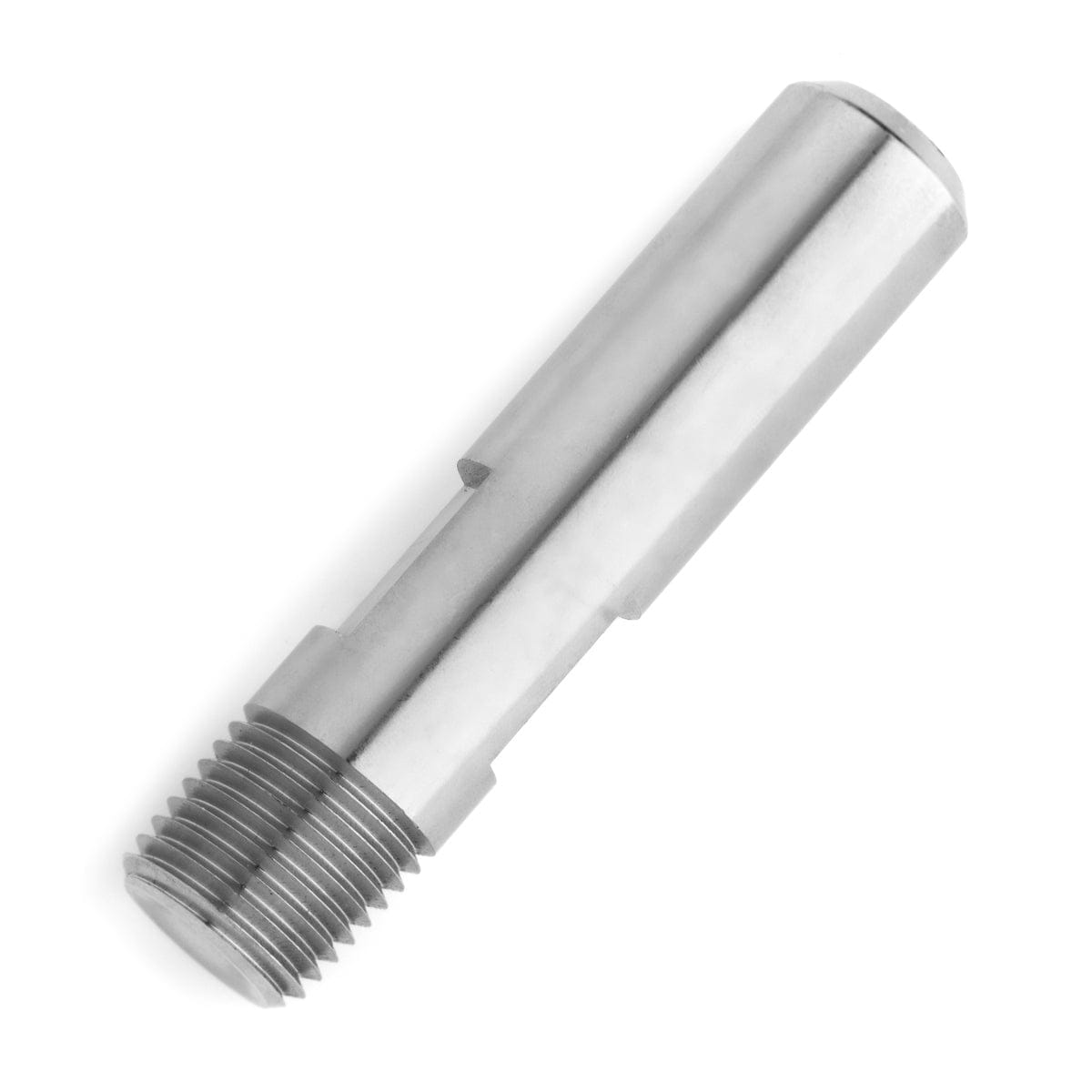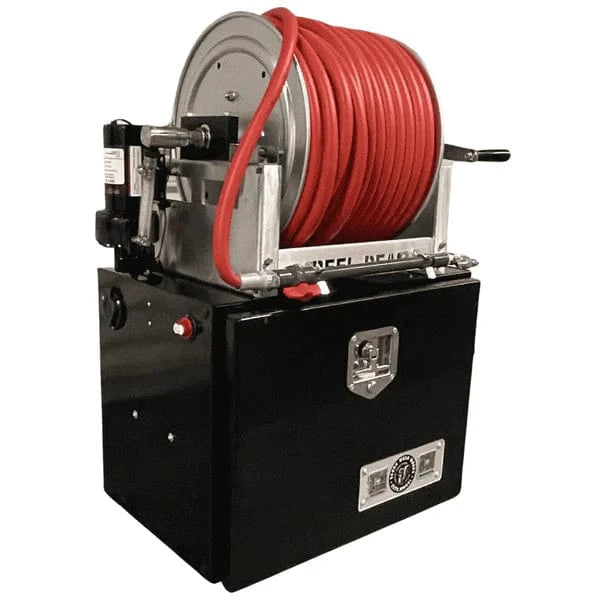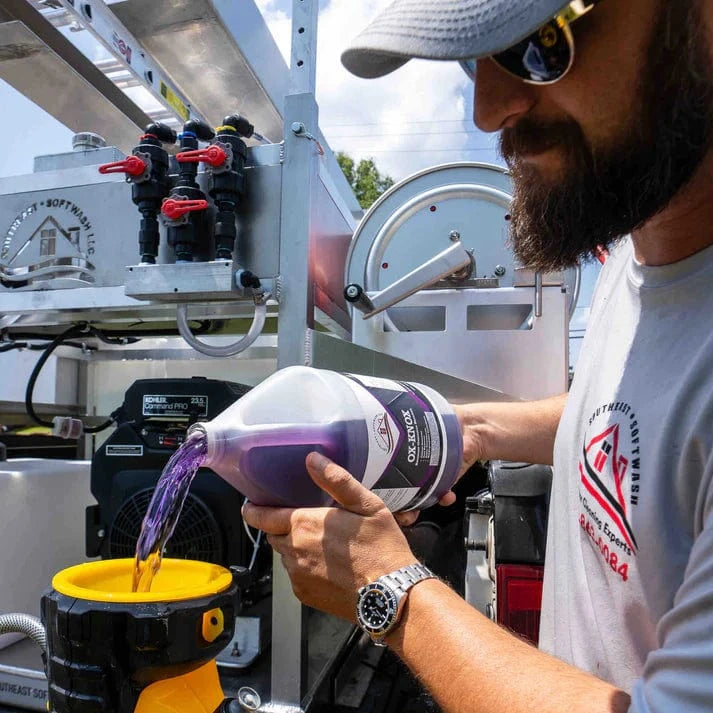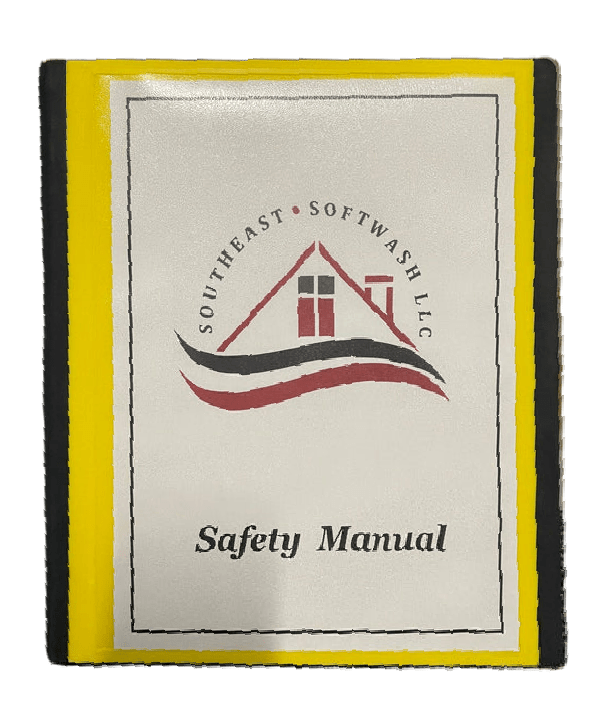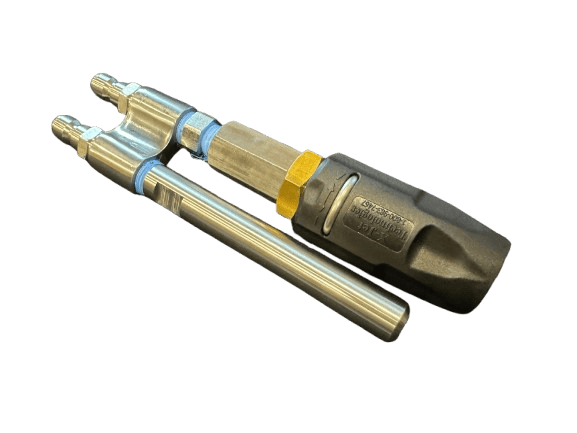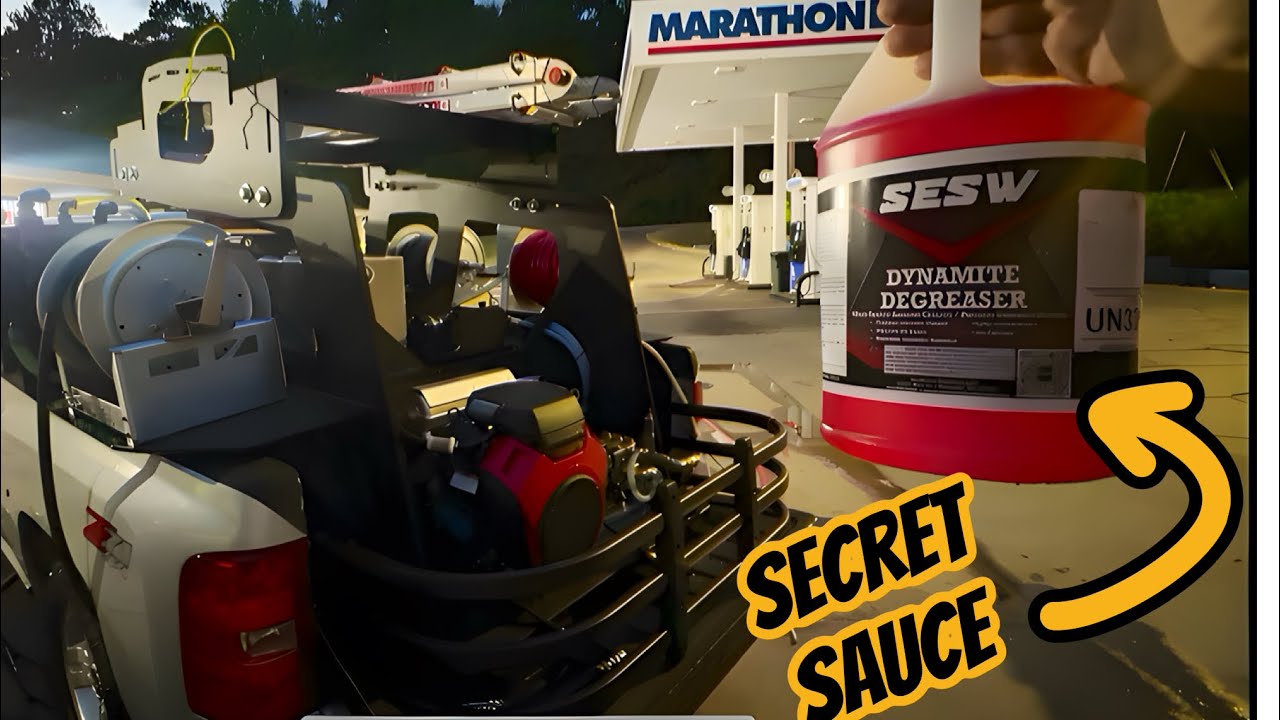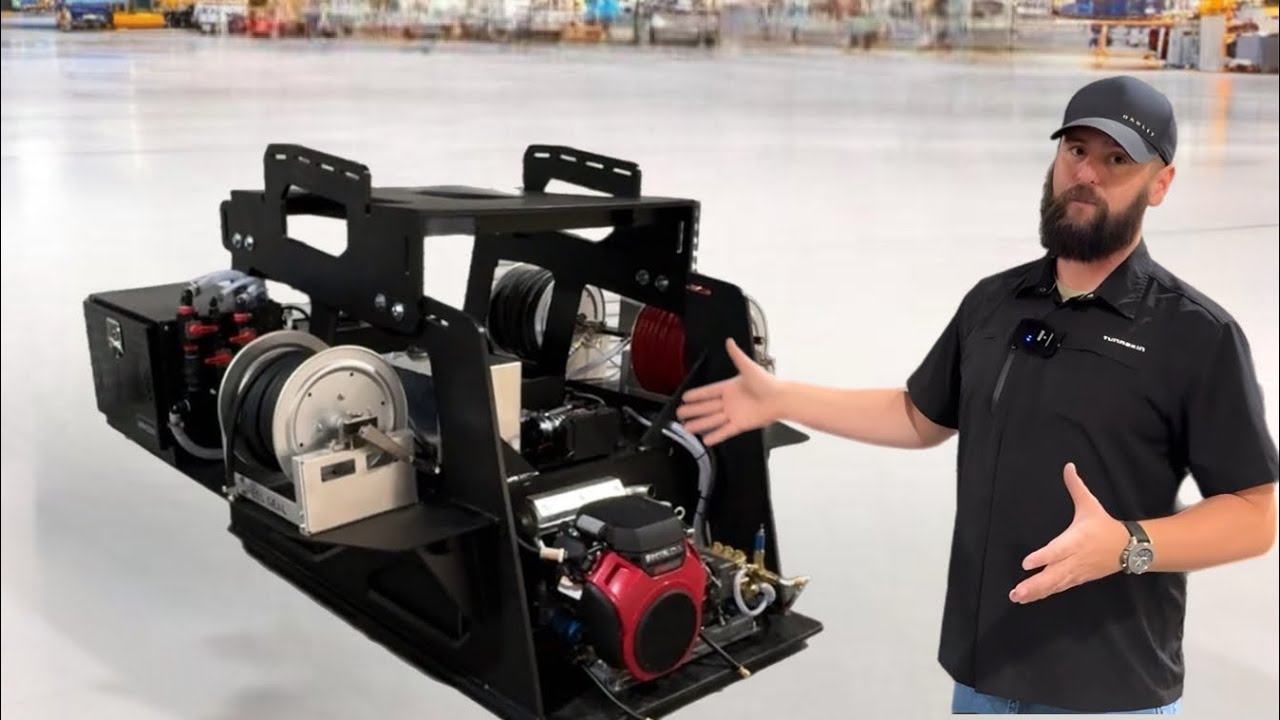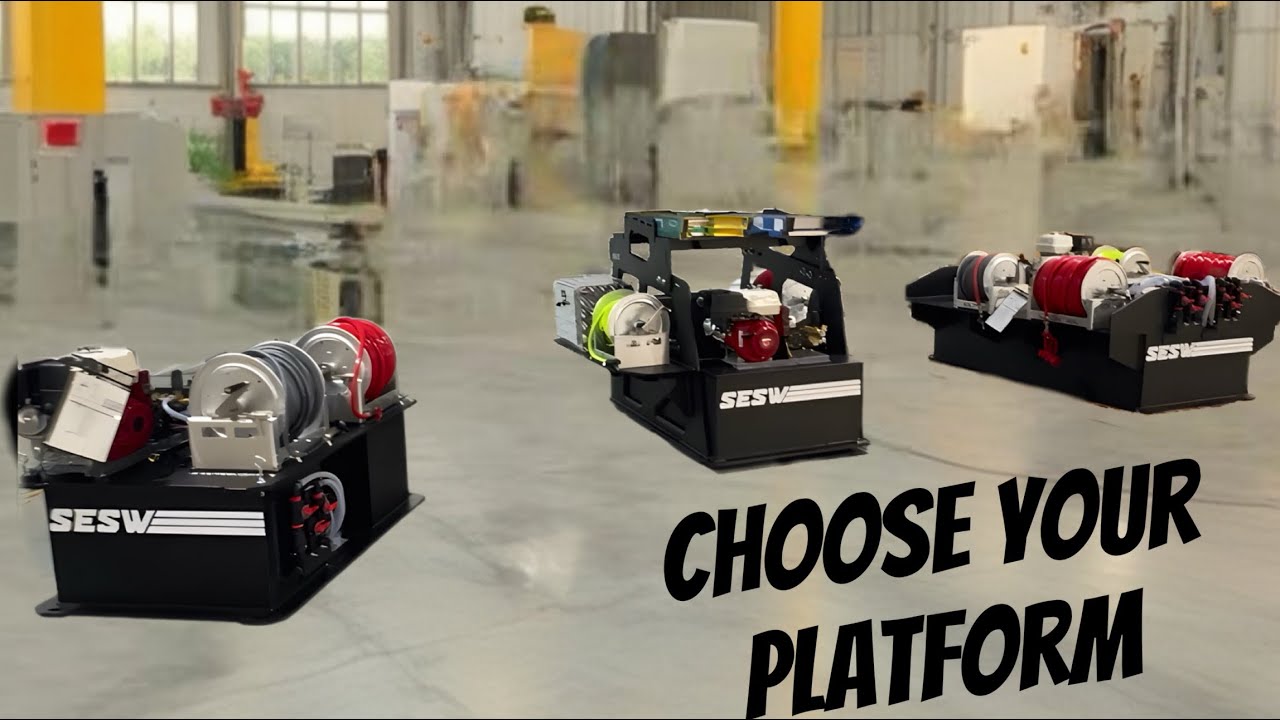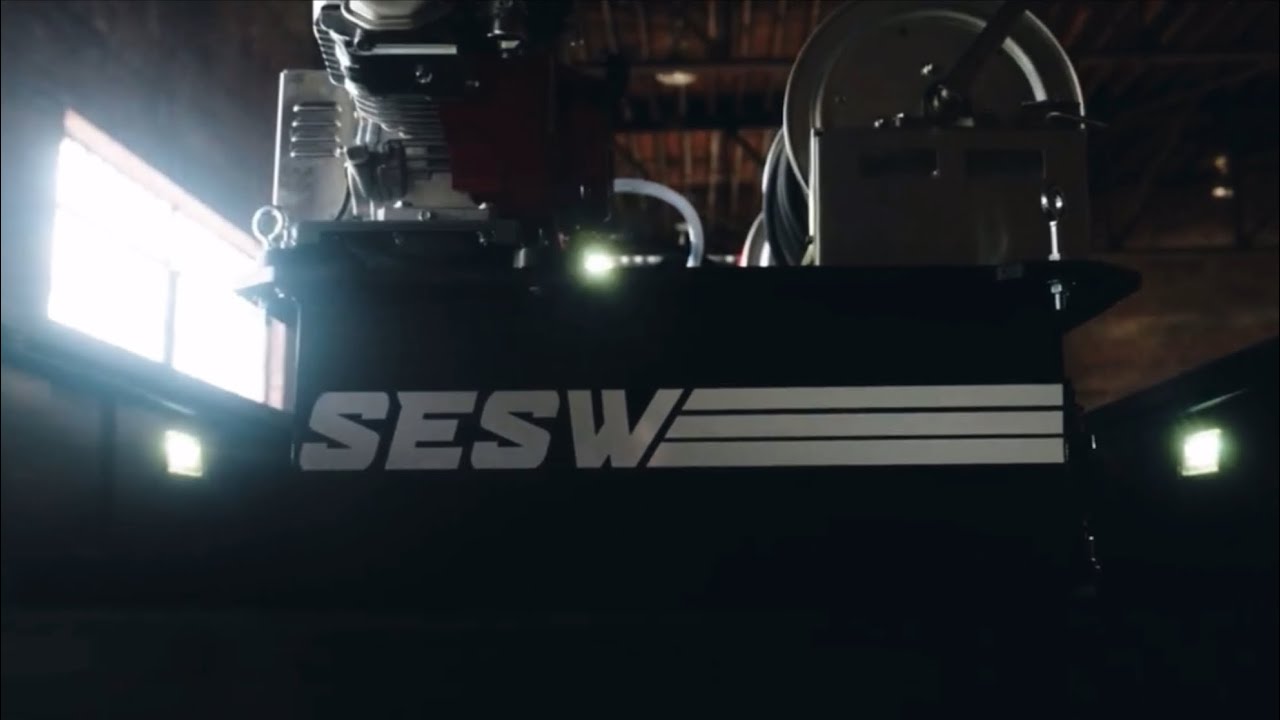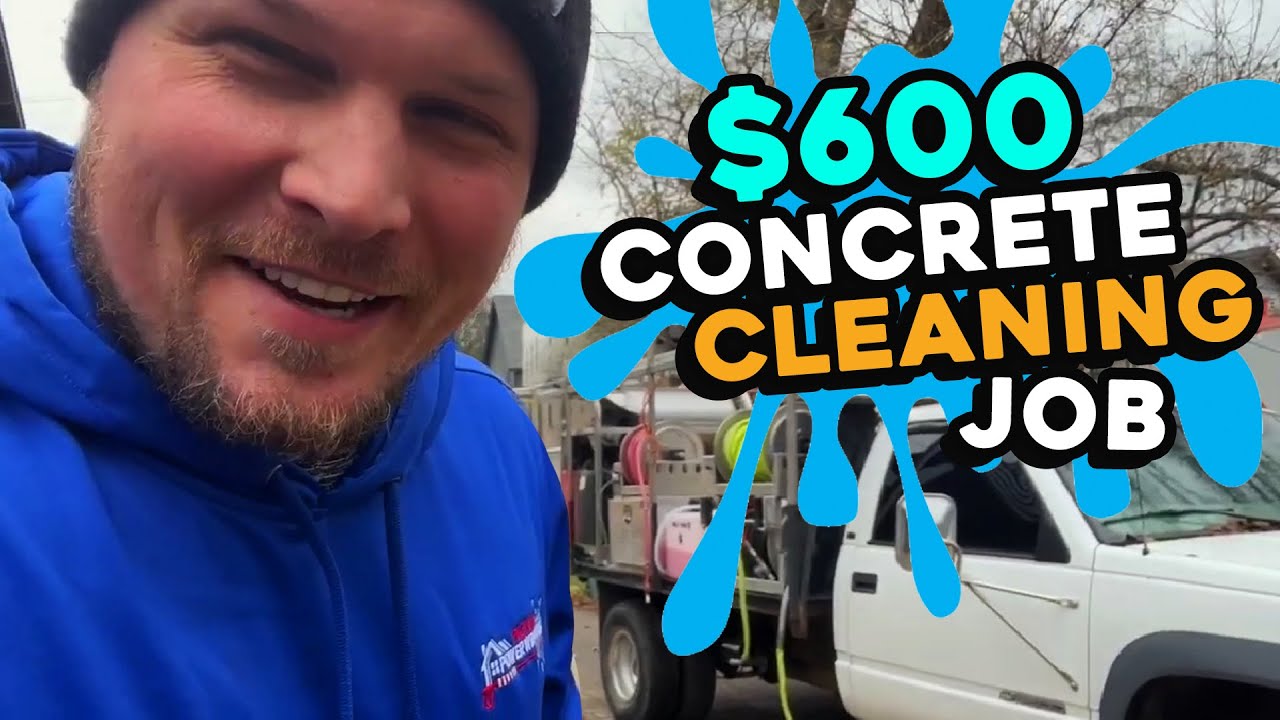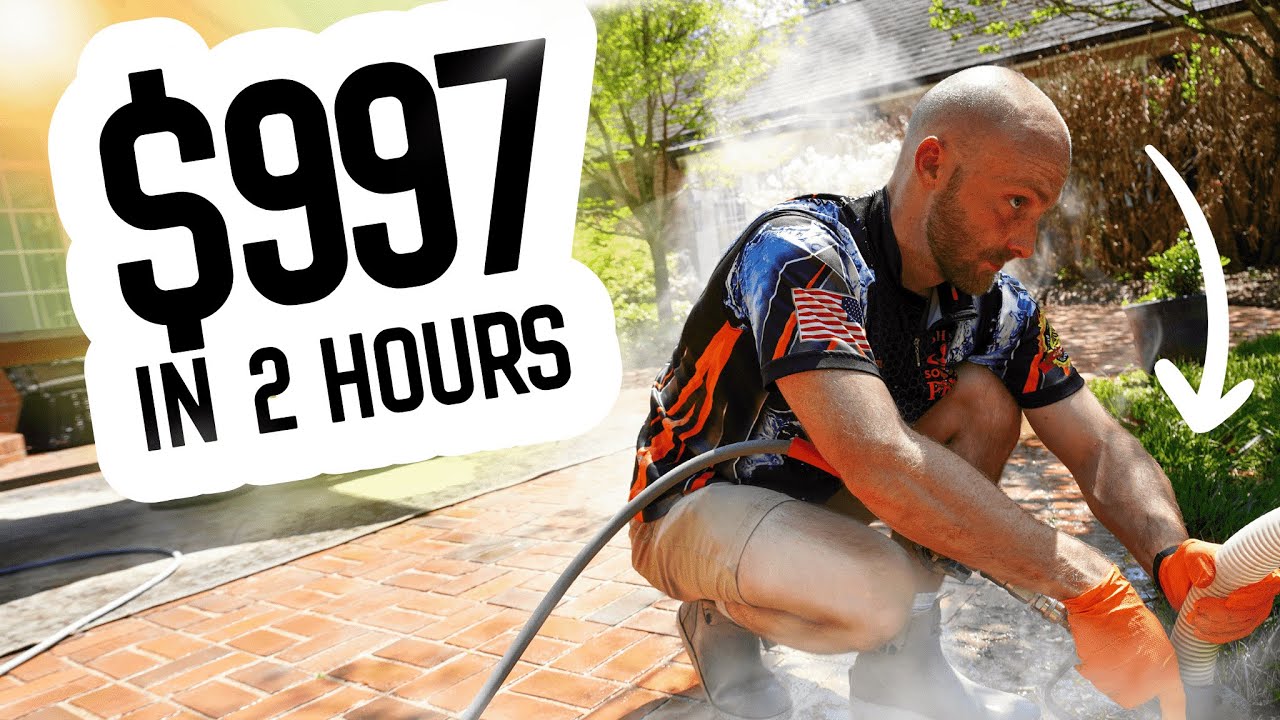When it comes to enclosed trailer builds with hot water systems, there’s one question we hear all the time: “What about the heat? Where’s it going to go?”
This blog is here to clear up any confusion, backed by real-world testing and experience. Let’s dive into the details and address the myths about heat, ventilation, and the proper way to handle hot water systems in enclosed trailers.
Do You Need Ventilation for Heat Dissipation?
The short answer: No, it’s not necessary.
Hot water burners in enclosed trailers dissipate heat widely and effectively without requiring additional ventilation. Here’s what our testing revealed:
- After running an 8-gallon-per-minute machine at full temperature for 30 minutes, the surrounding areas—including walls, ceiling, and components—remained cool to the touch.
- Using thermal imaging (via a FLIR adapter), we confirmed that the heat doesn’t pose any risk to materials like rubber, plastic, or paneling.
What About Exhaust Stacks?
While some builders add a ventilation stack (or chimney) to direct heat outside, this is purely optional.
- Pros: Ventilation stacks don’t harm the system and can provide peace of mind for those overly concerned about heat.
- Cons: Cutting holes in the ceiling adds unnecessary complexity and potential weak points in the structure.
If you choose to install a stack, bolt-on kits are available and easy to integrate. However, it’s not a requirement for safe operation.
What’s the Real Heat Concern?
The main concern isn’t heat—it’s proper ventilation for carbon monoxide from the engine. Always follow these safety tips:
- Operate with doors open to allow fumes to escape.
- Never run the system in a fully enclosed space.
- Prioritize safety when using diesel or gas-powered equipment.
Debunking Myths: Internet Opinions vs. Real Experience
Many online critics claim that ventilation is mandatory, often based on hearsay rather than hands-on experience. The truth is:
- Heat dissipation is a non-issue in most builds.
- Extensive testing shows that components remain safe even under continuous operation.
When planning your trailer build, trust real-world results over unverified online opinions.
Take Your Knowledge Further
Want to deepen your understanding of soft washing systems and best practices? We highly recommend checking out the SESW Softwash 101 class. Whether you're new to the industry or refining your skills, this class is an excellent resource for mastering the essentials of soft washing and pressure washing.
Key Takeaways for Enclosed Trailer Hot Water Systems
-
Ventilation for heat dissipation is optional, not mandatory.
- Heat from hot water burners disperses safely without additional exhaust stacks.
-
Carbon monoxide ventilation is critical.
- Always keep doors open during operation.
-
Don’t overcomplicate your build.
- Focus on proven solutions that prioritize safety and efficiency.
Final Thoughts
Enclosed trailer hot water systems are safe, efficient, and versatile when built correctly. By addressing myths and focusing on real-world results, you can avoid unnecessary expenses and design a system that works for your needs.
Got more questions or planning your own build? Reach out to us or drop a comment below. Let’s set the record straight and keep your trailer builds safe and efficient.
Stay safe, build smart, and happy washing! And don’t forget to explore the SESW Softwash 101 class to boost your skills and grow your business effectively.



